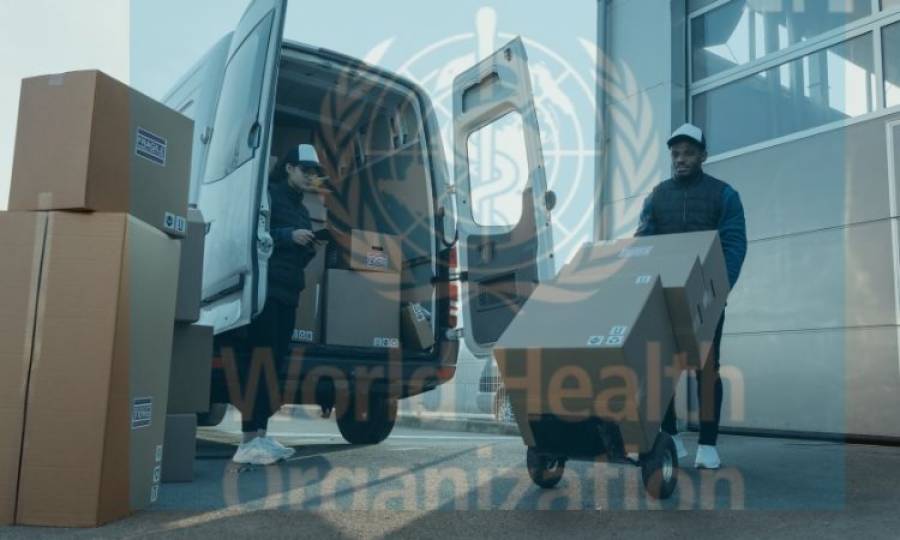WHO sends medical supplies to Pakistan

KARACHI: Two shipments of urgently required emergency medical supplies and equipment arrived in Karachi, Pakistan, in response to severe shortages in a nation devastated by the most widespread floods in modern history.
The cargoes include 15,6 metric tonnes of cholera kits, water, and medical tents that serve many purposes.
The goods, valued at a total of $174,816, were sent to Pakistan with the assistance of the Dubai government and the International Humanitarian City.
The Government of Dubai and the International Humanitarian City have built an air bridge between the United Arab Emirates and Pakistan, which is now fully operational. Due to the recent flooding, many rotations have already delivered vital humanitarian supplies to Pakistan.
Floods have had a devastating influence on the lives of millions in Pakistan.
Dr Palitha Mahipala, WHO Representative in Pakistan, said, "We are now collaborating with national authorities to assure access to health care and medical supplies, reduce the risk of disease breakout, coordinate the response to ensure key gaps are addressed and prepare for any worsening of the situation in the following weeks."
"Due to the Government of Dubai, the International Humanitarian City, and WHO's a logistic hub in Dubai, this vital shipment has arrived just in time and will be remarkably useful in helping to fortify essential health services and control the spread of disease, especially in camps for displaced people lacking safe water and sanitary facilities."
The magnitude of the humanitarian disaster in flood-stricken areas of Pakistan is unparalleled, with more than 33 million people affected, more than 1 million homes damaged or destroyed, more than 600,000 people internally displaced in camps, and more than 1,460 health institutions devastated.
Diseases like diarrhoea, cholera, malaria, dengue fever, acute respiratory infections, and typhoid have already been documented in flood-affected regions, placing the most vulnerable, especially women and children, at a higher risk of contracting them.
In close coordination with the Ministry of National Health Services Regulations and Coordination, the National Institute of Health, and other partners, the World Health Organization (WHO) is playing a leading role in the health response, providing guidance and health interventions on all fronts, focusing on the current health impact of the floods while increasing preparedness for the additional health risks that are anticipated to emerge.
Trending
Popular
Sindh pledges vigorous action to prevent poliovirus transmission
-
PMA stresses health equity on World ...
04:08 PM, 9 Apr, 2024 -
Dow University’s new rabies vaccine ...
12:18 PM, 28 Mar, 2024 -
IRD role lauded in advancing ...
02:53 PM, 12 Mar, 2024 -
Over one billion people worldwide ...
09:48 AM, 5 Mar, 2024




